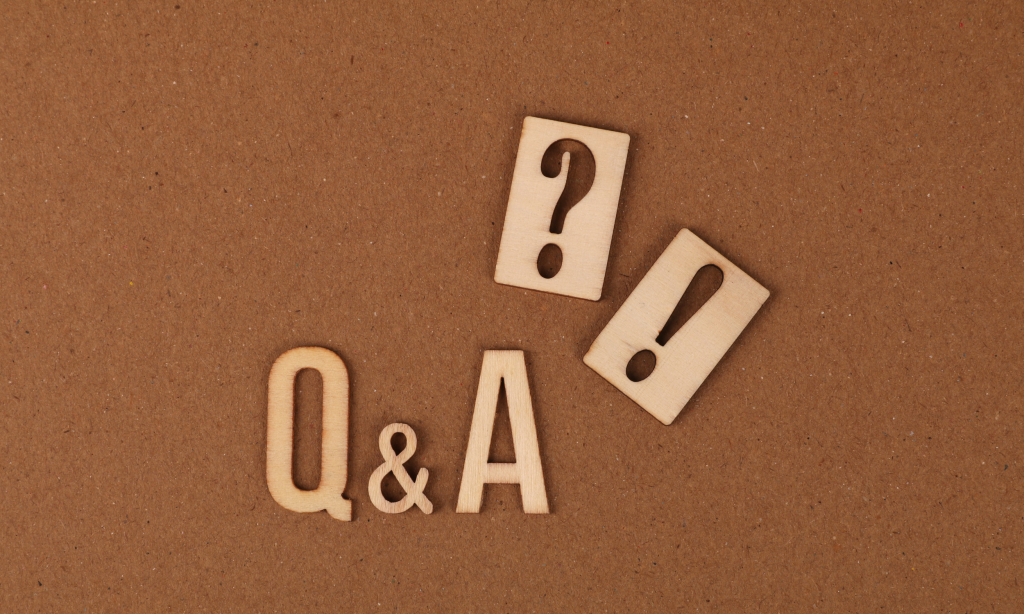Getting asked an unexpected or difficult question during an interview can be intimidating, but it’s essential to stay calm and handle the situation professionally.
Here are some steps you can take:
Pause and breathe:
Take a moment to collect your thoughts. It’s okay to pause briefly before responding. This shows that you’re considering the question thoughtfully rather than rushing into an answer.
Clarify the question if necessary:
If you’re unsure about what the interviewer is asking, don’t hesitate to ask for clarification. It’s better to ensure you understand the question correctly than to provide an irrelevant answer.
Break down the question:
If the question seems complex or has multiple parts, break it down into smaller components. This can make it easier to address each part separately.

Stay focused on the main point:
Even if you’re caught off guard, try to identify the main point of the question and focus your response on addressing that point. Avoid getting sidetracked or going off on tangents.
Use the STAR method (if applicable):
If the question is about a specific experience or situation, consider using the STAR method to structure your response. STAR stands for Situation, Task, Action, and Result, and it’s a helpful framework for providing structured and concise answers to behavioral interview questions.
Be honest and transparent:
It’s okay not to have all the answers. If you’re genuinely unsure or don’t have experience with the topic, it’s better to be honest about it rather than trying to bluff your way through. You can express your willingness to learn or provide alternative examples that demonstrate your skills and qualifications.
Practice active listening:
Make sure you’re actively listening to the interviewer’s question and any follow-up prompts they provide. This can help you tailor your response more effectively and ensure you’re addressing the specific points they’re interested in.
Turn it into a positive opportunity:
Use the unexpected question as an opportunity to showcase your problem-solving skills, adaptability, and ability to think on your feet. How you handle challenging situations during the interview can leave a lasting impression on the interviewer.
Remember, nobody expects you to have all the answers, and how you handle unexpected or difficult questions can demonstrate your ability to handle pressure and think critically. Practice answering a variety of interview questions beforehand, and try to remain confident and composed, even in challenging situations.
Keep up to date with the latest Returner Friendly employers, upskilling & retraining opportunities by joining our platform HERE
Sign up to our newsletter & job alert today and never miss the ideal opportunity again ! Sign up HERE




